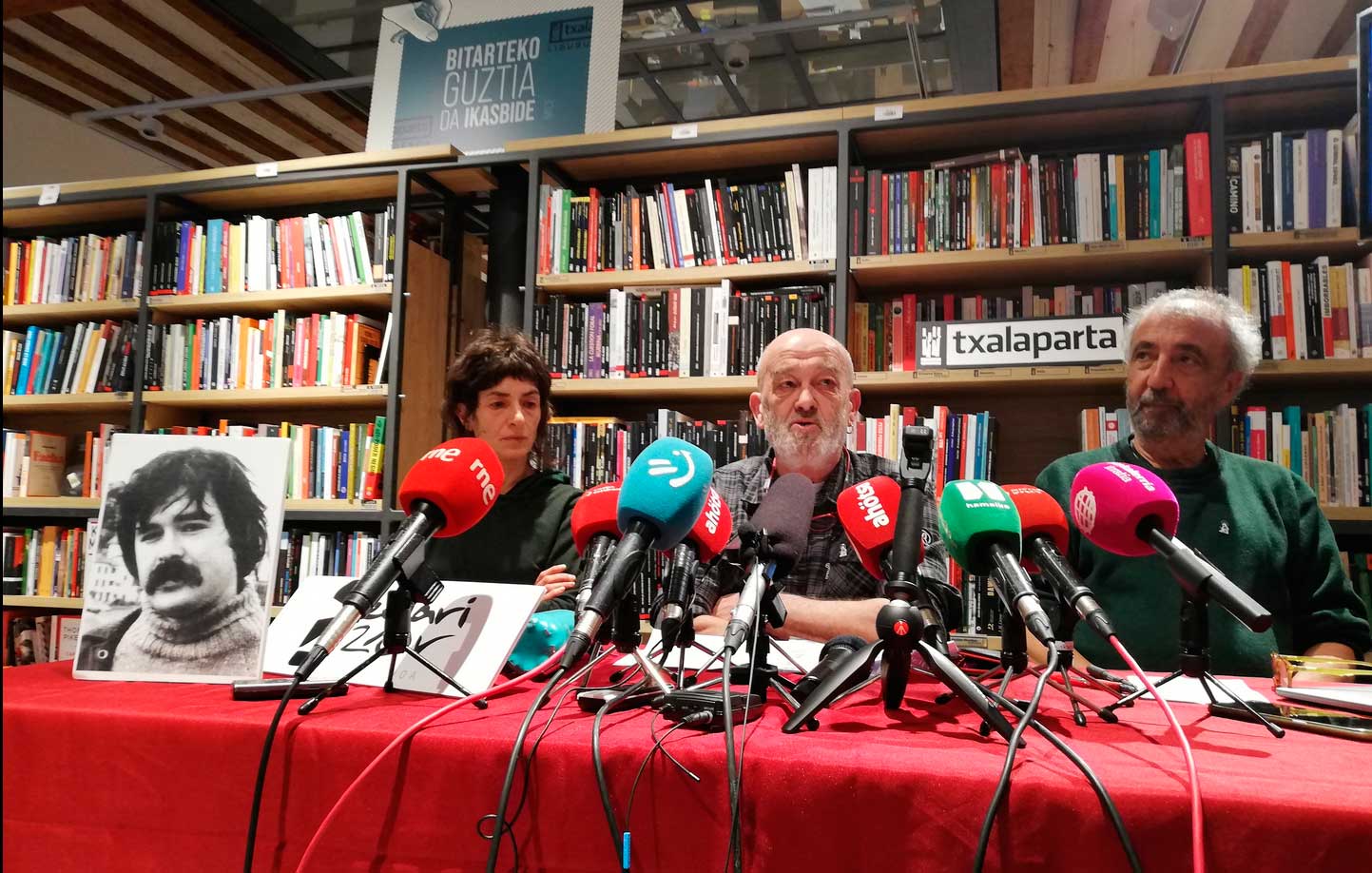Historiographical conflict around non-conflict

A media scandal has shaken the holidays of this Holy Week, on the occasion of the last cycle of violence we have lived in Euskal Herria. Consequently, they have unfortunately had to abandon one of the most important recent research and memory initiatives. The interests of the electorate have again prevailed over society and research.
In these types of conflicting issues, the debate is not only given in historiographical terms, but has many edges. Memory associations on both sides seek recognition and justice, political parties and public institutions have their own interests, and there are also ethical reflections on violence.
What should historians do about this turbulent environment? We are in a difficult port. On the one hand, in the midst of the debate in which passions and personal interests predominate, we should try to bring scientific rigor, not forgetting that social contradictions also cross the authority of the objective academy. On the other hand, we should not just make a mere chronicle of past events. These facts must be explained and interpreted, asked questions about them, to analyse their causes and their origin. By the way, the most serious and almost unique historiographical debate that has existed so far is the one that Emilio Majuelo and Antonio Rivera had in the Catalan journal Segle XXI.
In this case I would like to call for the good work of the Aranzadi Society of Sciences. These investigations were using methodologies and categories of international use. In addition, all the councillors of these municipalities were initially supporting the process. Goien’s complaint has frustrated the process. I would also point out that these websites were merely a starting point, an approximation to what has happened in each of these municipalities, which did not make any historical interpretation. Interpretations, acts of recognition or justice initiatives were to come later, in a next step.
The Aranzadi team is accused of very serious things. These include the equalization of victims and executioners and the justification for terrorism. However, if we judge with the same meter the work of other research groups and professionals, we could say that they justify both Franco and state violence. The difference lies in impunity and in the protection of public institutions, favors and other firewood.
They want to establish the only story about the violence that Euskal Herria has experienced. But they're in vain, because it's impossible, because the narratives of the future will be as diverse as society itself.
Jose Miguel Etxeberria Naparra-ren gorpua aurkitu gabe bukatu da Frantziako Landetan egindako bigarren indusketa. 44 urte dira militantea desagertu zenetik eta bere familiaren belaunaldi batetik bestera pasa da bere bilaketaren zama.
Iruñeko Txantrea auzoko kale-izendegian frankismoan errepresaliatuak izan ziren hamar emakume gogoratuko dituzte. Ekitaldia egin zuten atzo eta auzoaren hegoaldean dagoen plaza bat oroimen gune ere izendatu zuten. "Garrantzitsua da historian gertatutakoa gogoratzea;... [+]












